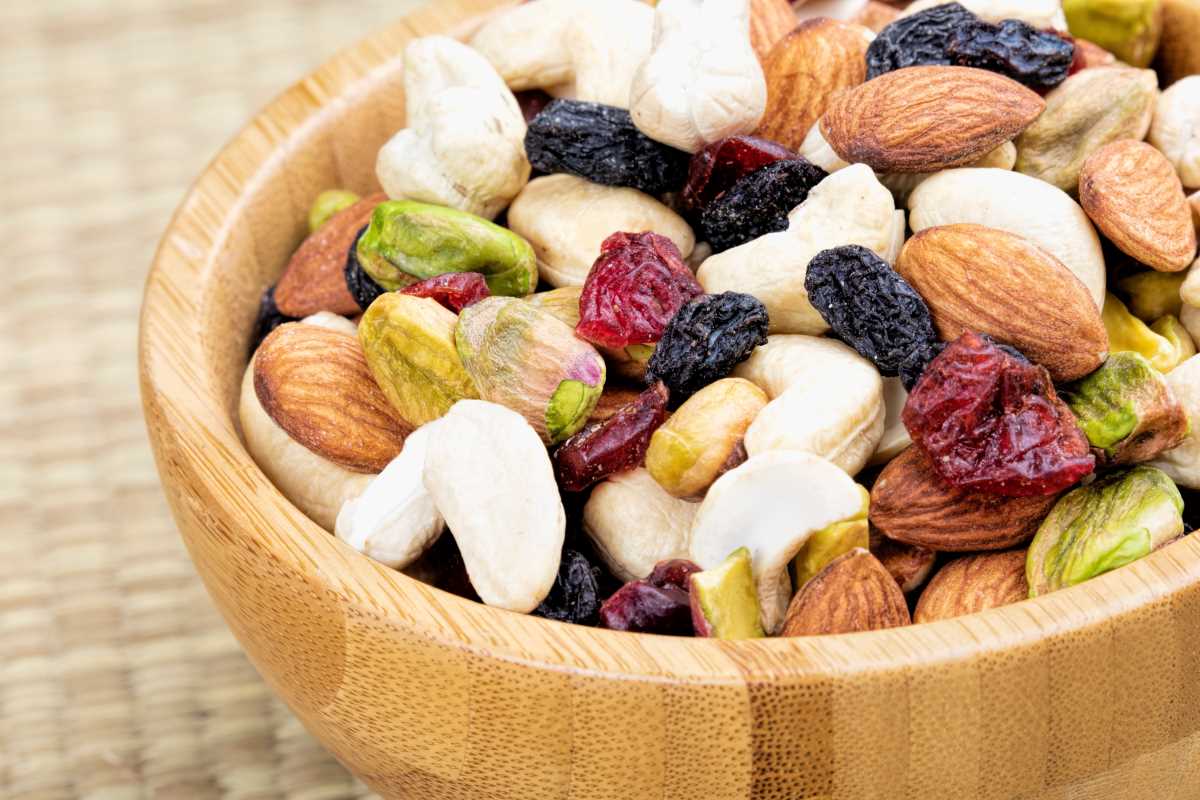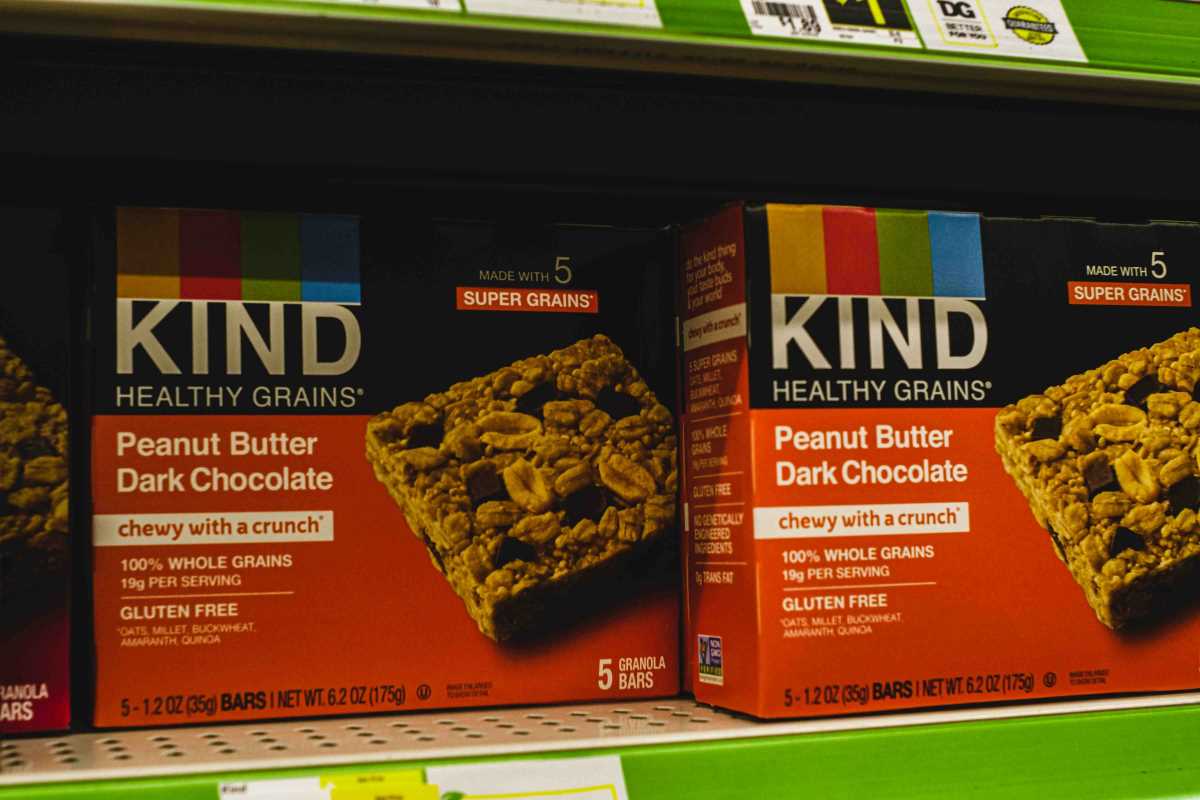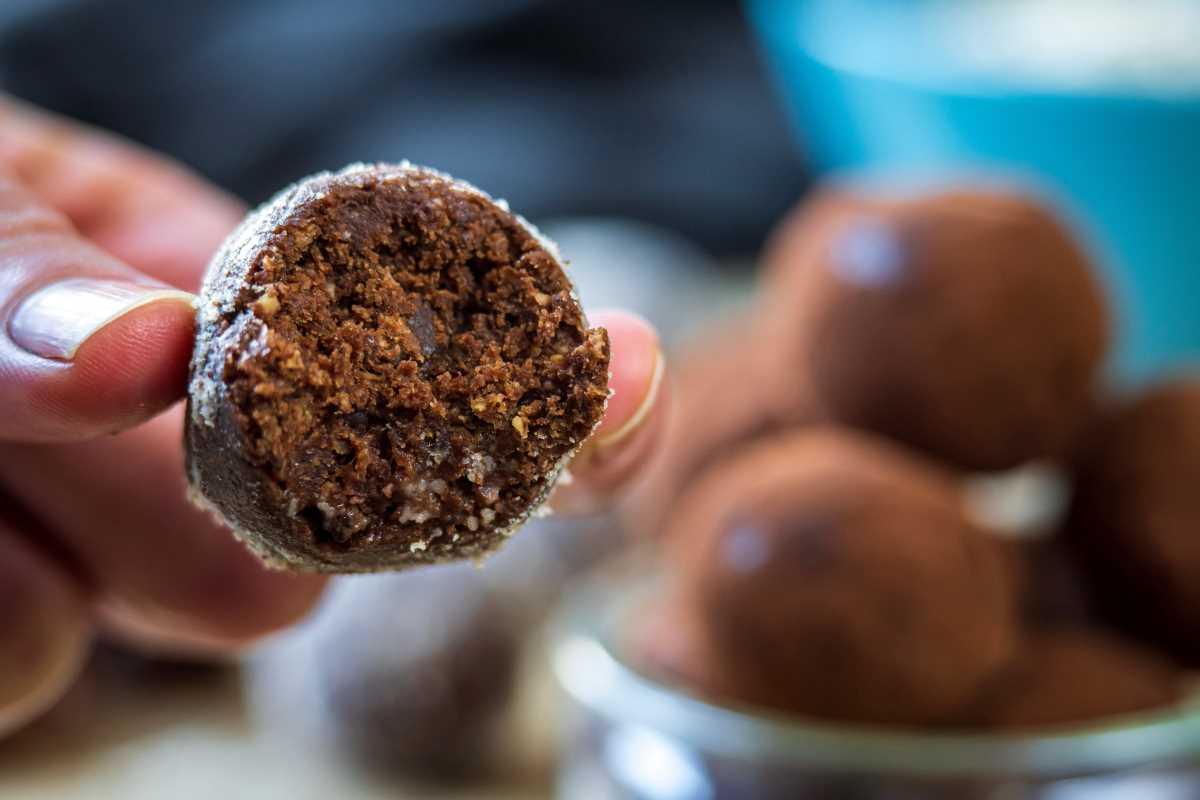When you think about fueling endurance performance, carbohydrates likely come to mind first. While carbs deserve their reputation as the body's preferred quick energy source, there's another macronutrient that plays an equally crucial role in sustaining long-term performance: healthy fats. These powerful nutrients serve as your body's most efficient energy storage system and provide the foundation for optimal endurance capacity.
Research consistently shows that endurance athletes who strategically incorporate healthy fats into their nutrition plans experience improved fat oxidation, enhanced recovery, and better performance during prolonged exercise. Understanding how to harness the power of dietary fats can transform your approach to endurance training and help you achieve new levels of sustained performance.
Let's explore the science behind fat metabolism, discover the best sources of performance-enhancing fats, and learn practical strategies for optimizing your fat intake to support your endurance goals.
Understanding Fat as an Endurance Fuel Source
Your body stores energy in two primary forms: glycogen (from carbohydrates) and adipose tissue (fat). While glycogen provides rapid energy, your stores are limited—typically lasting 60-90 minutes during moderate to intense exercise. Fat stores, however, contain virtually unlimited energy potential, with even lean athletes carrying enough fat to fuel hundreds of miles of endurance activity.
The Fat-Burning Engine
During lower-intensity endurance exercise (50-65% of maximum heart rate), your body preferentially burns fat for fuel through a process called beta-oxidation. This metabolic pathway breaks down fatty acids to produce adenosine triphosphate (ATP), the cellular energy currency your muscles need to contract.
Research published in the Journal of Applied Physiology demonstrates that trained endurance athletes can derive up to 85% of their energy from fat oxidation during moderate-intensity exercise. This fat-burning capacity, known as metabolic flexibility, allows athletes to preserve precious glycogen stores for higher-intensity efforts and extends endurance capacity.
Energy Density Advantages
Fat provides 9 calories per gram compared to carbohydrates' 4 calories per gram, making it an incredibly efficient energy storage system. This energy density becomes particularly valuable during ultra-endurance events where carrying sufficient carbohydrate fuel becomes impractical due to weight and volume constraints.
Studies of ultra-marathon runners show that athletes with enhanced fat-burning capacity can maintain steady performance while consuming significantly fewer calories per hour compared to those relying primarily on carbohydrate fueling strategies.
How Healthy Fats Enhance Endurance Performance
Improved Fat Oxidation Capacity
Regular consumption of healthy fats, combined with appropriate training, enhances your body's ability to utilize fat as fuel. This adaptation occurs at the cellular level, where mitochondria—your cells' powerhouses—increase their capacity to process fatty acids for energy production.
A study in the European Journal of Applied Physiology found that endurance athletes following a periodized approach incorporating higher fat intake during certain training phases showed 23% greater fat oxidation rates compared to those following conventional high-carbohydrate protocols throughout their training.
Enhanced Recovery and Reduced Inflammation
Healthy fats, particularly omega-3 fatty acids, play crucial roles in managing exercise-induced inflammation and supporting recovery processes. These anti-inflammatory compounds help reduce muscle damage markers and accelerate the repair processes that strengthen your body between training sessions.
Research published in Sports Medicine demonstrates that athletes consuming adequate omega-3 fatty acids experience:
- 15-20% reduction in inflammatory markers following intense training
- Faster recovery of muscle function after eccentric exercise
- Improved sleep quality, which enhances overall recovery
Hormone Production and Regulation
Dietary fats serve as building blocks for essential hormones that regulate metabolism, recovery, and adaptation to training. Testosterone, cortisol, and growth hormone all require adequate fat intake for optimal production and function.
Studies show that endurance athletes consuming less than 20% of their calories from fat often experience:
- Decreased testosterone levels
- Impaired recovery capacity
- Reduced training adaptations
- Increased injury risk
Essential Types of Healthy Fats for Endurance Athletes
Omega-3 Fatty Acids: The Performance Enhancers
These essential fatty acids cannot be produced by your body and must be obtained through diet. Omega-3s provide powerful anti-inflammatory effects and support cardiovascular health—crucial factors for endurance performance.
EPA (Eicosapentaenoic Acid): Primarily found in marine sources, EPA reduces exercise-induced inflammation and may improve oxygen delivery to working muscles.
DHA (Docosahexaenoic Acid): Critical for brain function and may enhance focus and decision-making during long endurance efforts.
ALA (Alpha-Linolenic Acid): Found in plant sources, ALA can be converted to EPA and DHA, though conversion rates are relatively low.
Top Sources:
- Wild-caught salmon and sardines (1,000-2,000mg per serving)
- Walnuts (2,500mg ALA per ounce)
- Chia seeds (5,000mg ALA per ounce)
- Flaxseeds (6,000mg ALA per tablespoon)
Monounsaturated Fats: The Steady Energy Providers
These heart-healthy fats support cardiovascular function and provide steady energy release. They're particularly valuable for maintaining energy during moderate-intensity, long-duration activities.
Top Sources:
- Avocados (20g per medium fruit)
- Extra virgin olive oil (10g per tablespoon)
- Almonds and other nuts (9g per ounce)
- Olives (1.5g per 10 large olives)
Medium-Chain Triglycerides (MCTs): The Quick Converters
MCTs are rapidly absorbed and converted to energy, making them useful for immediate fuel during endurance activities. Unlike long-chain fats, MCTs bypass normal fat digestion processes and can be used for energy within 30 minutes of consumption.
Top Sources:
- Coconut oil (13g MCTs per tablespoon)
- MCT oil supplements (14g per tablespoon)
- Full-fat coconut milk (5g MCTs per cup)
Strategic Fat Intake for Different Training Phases
Base Building Phase: Fat Adaptation Focus
During lower-intensity base building periods, increasing healthy fat intake while moderately reducing carbohydrates can enhance fat-burning adaptations. This approach, known as periodized nutrition, trains your body to become more efficient at utilizing fat for fuel.
Recommended approach:
- 30-35% of total calories from healthy fats
- Emphasize omega-3 rich sources
- Time higher fat meals away from intense training sessions
- Maintain adequate protein intake (1.6-2.2g per kg body weight)
Competition Preparation: Balanced Integration
As training intensity increases and competition approaches, maintain substantial fat intake while ensuring adequate carbohydrate availability for high-intensity training sessions.
Recommended approach:
- 25-30% of total calories from healthy fats
- Focus on easily digestible sources
- Strategic timing around training sessions
- Emphasize anti-inflammatory omega-3s during heavy training loads
Competition Day: Strategic Timing
During competition, fat intake should be carefully timed to avoid digestive issues while still providing sustained energy support.
Pre-competition (3-4 hours before):
- Include moderate amounts of familiar, easily digestible fats
- Focus on MCTs for quicker availability
- Avoid high-fat foods 2 hours before start time
During competition:
- MCT oil can be added to sports drinks for ultra-endurance events
- Focus primarily on easily digestible carbohydrates
- Reserve fat intake for events lasting longer than 4-6 hours
Practical Implementation Strategies
Daily Fat Intake Guidelines
Research supports endurance athletes consuming 1.0-1.5 grams of fat per kilogram of body weight daily, with at least 500-1000mg coming from omega-3 fatty acids. For a 70kg athlete, this translates to 70-105 grams of total fat daily.
Meal Timing Considerations
Morning: Include healthy fats in breakfast to support hormone production and provide sustained energy. Try avocado on whole grain toast or nuts in oatmeal.
Pre-training: Consume fats 3-4 hours before intense sessions to allow adequate digestion time. MCTs can be consumed closer to training if needed for energy.
Post-training: Include omega-3 rich sources to support anti-inflammatory processes and recovery. Salmon, walnuts, or chia seeds work well in recovery meals.
Evening: Emphasize omega-3s in dinner to support overnight recovery and hormone production during sleep.
Sample Daily Fat Integration
Breakfast: 2 tablespoons almond butter in smoothie (16g fat)
Mid-morning: 1 ounce mixed nuts (14g fat)
Lunch: Salad with 2 tablespoons olive oil dressing (20g fat)
Pre-dinner: 1/2 medium avocado (15g fat)
Dinner: 4 oz salmon (12g fat)
Evening: 1 tablespoon ground flaxseed in yogurt (3g fat)
Total: 80g fat (approximately 30% of calories for a 2,400-calorie diet)
Optimizing Fat Quality and Sources
Prioritizing Omega-3 Rich Options
Aim to consume omega-3 rich foods at least 4-5 times per week. Cold-water fish like salmon, mackerel, and sardines provide the most bioavailable forms, while plant sources like chia seeds, flaxseeds, and walnuts offer valuable ALA.
Choosing Quality Cooking Fats
- For high-heat cooking: Use avocado oil or coconut oil due to their high smoke points
- For medium-heat cooking: Extra virgin olive oil works well and retains beneficial compounds
- For cold applications: Flaxseed oil and walnut oil provide omega-3s but shouldn't be heated
Avoiding Inflammatory Fats
Limit or eliminate sources of trans fats and excessive omega-6 fatty acids that can promote inflammation:
- Processed foods with partially hydrogenated oils
- Excessive amounts of vegetable oils (corn, soybean, sunflower)
- Fried foods and packaged snacks
 (Image via
(Image via





